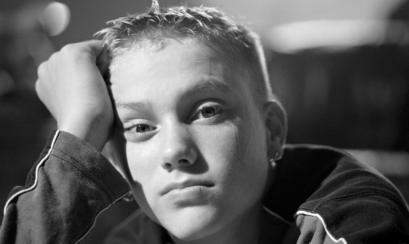If you feel hard done by over what’s left to you in a will, you are not alone. Many people feel their relative’s will was unfair, especially among Brady Bunch-type blended families with second or third marriages, numerous step-siblings with real or imagined grudges.
But the growing trend of challenging wills shows the need to get your will properly drawn up by experts in the field who are aware of the pitfalls and gaps. Around 60 per cent of people have written a will and another 22 per cent expect to make one. Don’t forget, if you don’t make a will your assets can end up in the hands of the government. If a claim is made a court decides what happens.
A recent university study found three quarters of claims made against wills are successful. The University of Queensland surveyed thousands of people dealing with wills and found those who contest wills have a high rate of success whether it is through mediation or the courts.
Adult children are the most common claimants challenging under family provision legislation. But claims by partners and ex-partners were most successful (83 per cent) followed by children (76 per cent) and extended family (73 per cent). The study found most mediation led to successful conclusions but 31 per cent still ended up in court – a process that can be very costly.
Joshua Crowther, wills specialist at Stacks Law Firm, says it’s important to make a will that meets all the possibilities after your death to ensure your estate goes where you want it to go.
“Many people leave their estate to their partner expecting once they die it will be passed on to their children. They forget that the surviving partner can change their will to leave the estate to a new partner or to children from another relationship. Also, there is nothing to stop the surviving spouse distributing assets during his/her lifetime so the estate is small when distributed pursuant to an unchanged will.”
Mr Crowther warns contesting wills can be an emotional and draining time for all involved so it is important for the will maker to be as clear and as fair as they can. Laws relating to wills weigh the needs of the various claimants, especially if they are young, disadvantaged or disabled.
“A trust may be the best way to ensure a vulnerable person is looked after in a will, and there are many ways to mitigate the chances of a challenge to a will. It depends on the individual circumstances, so it is best to consult an experienced legal expert on wills.”












